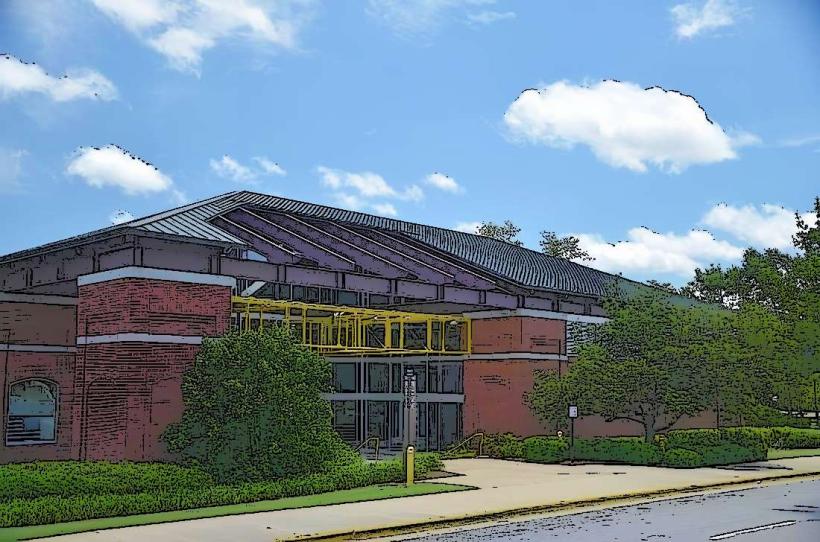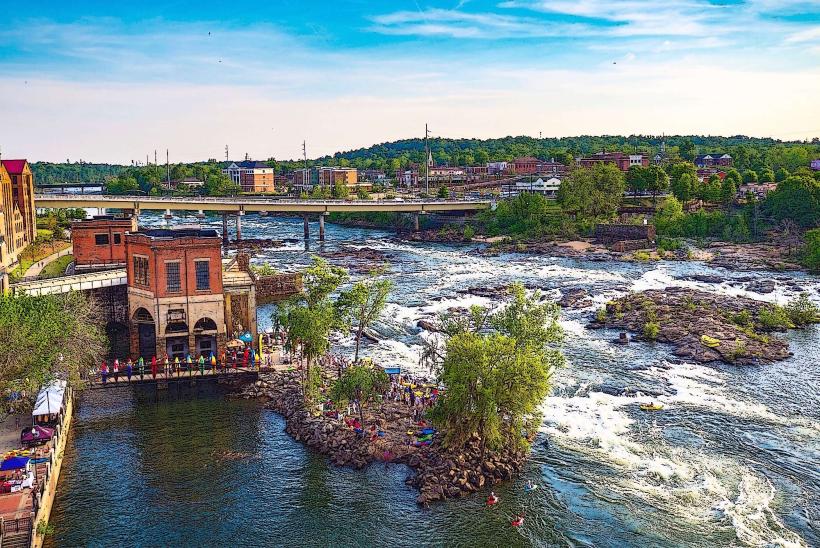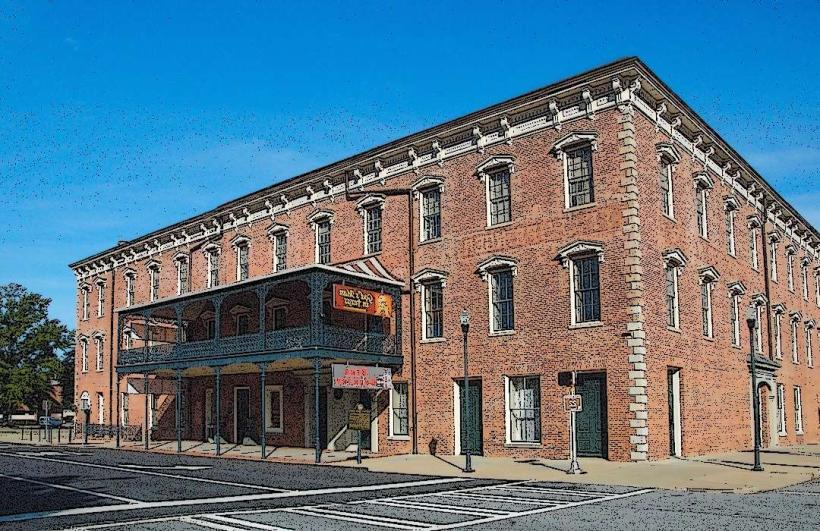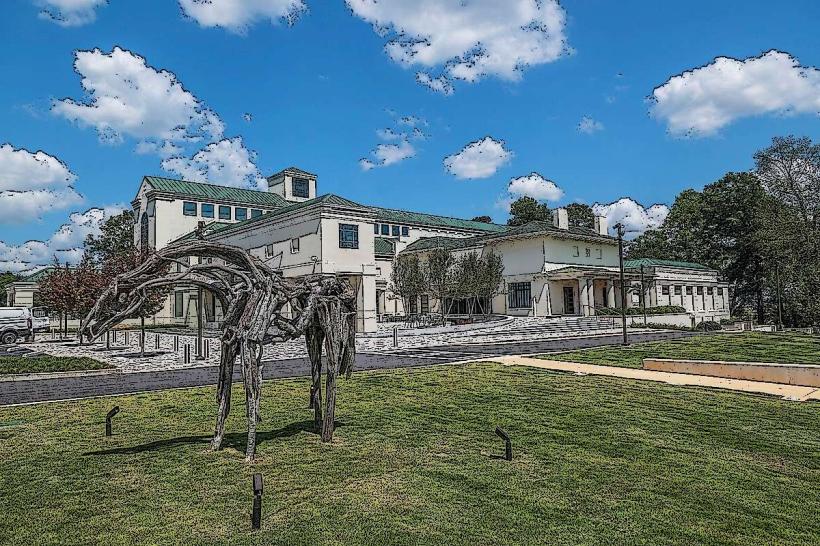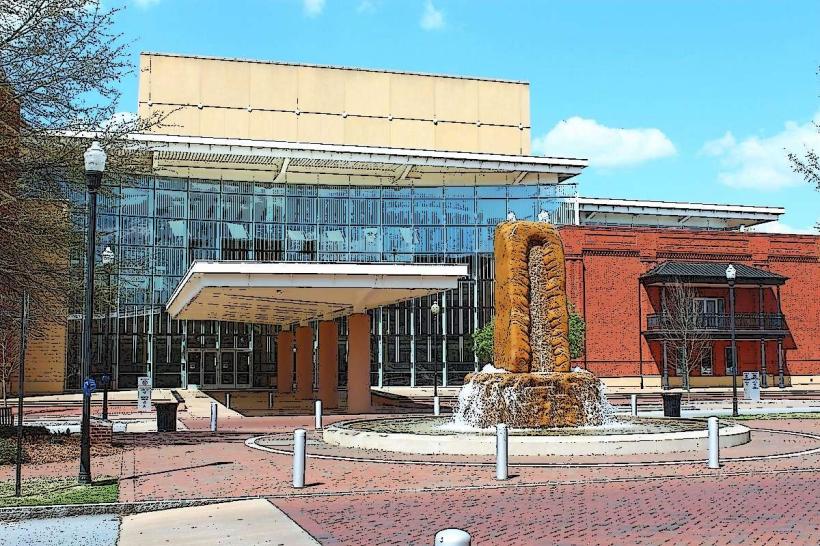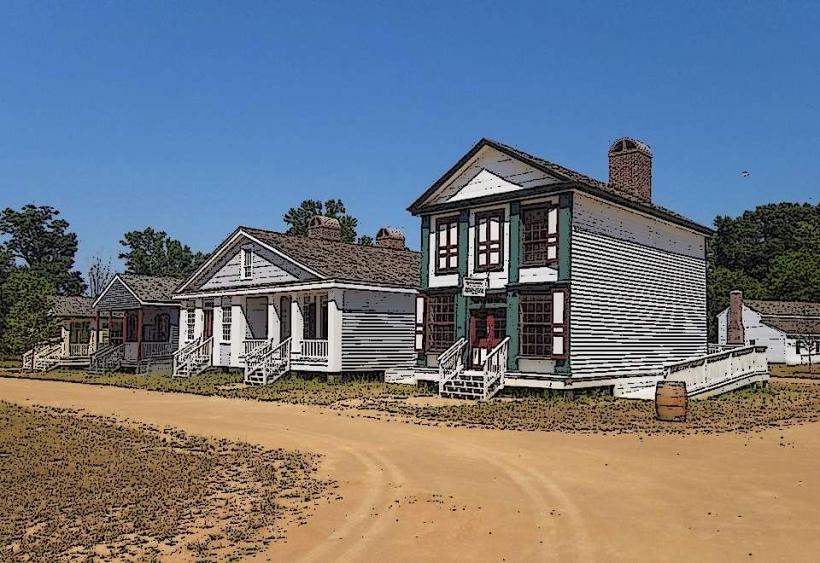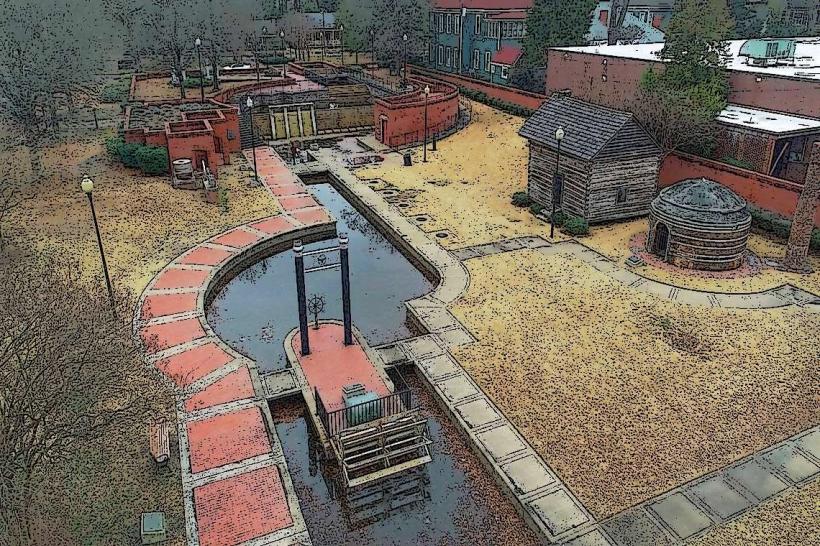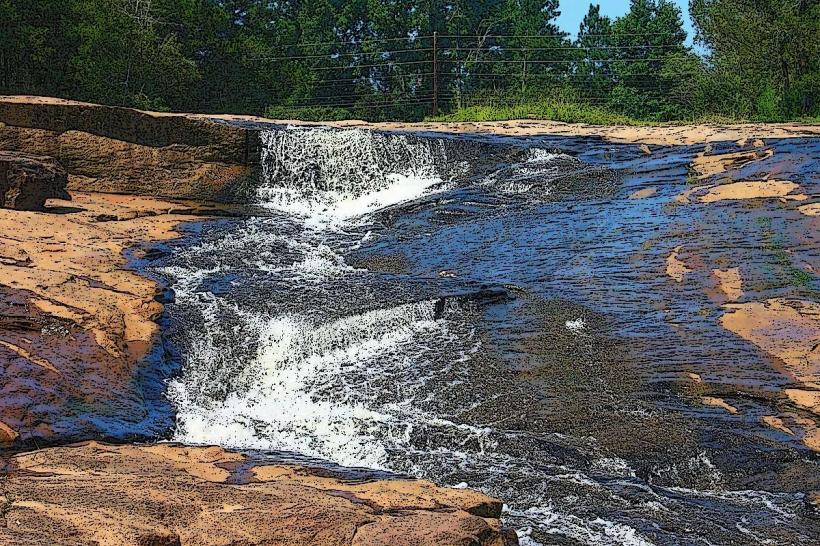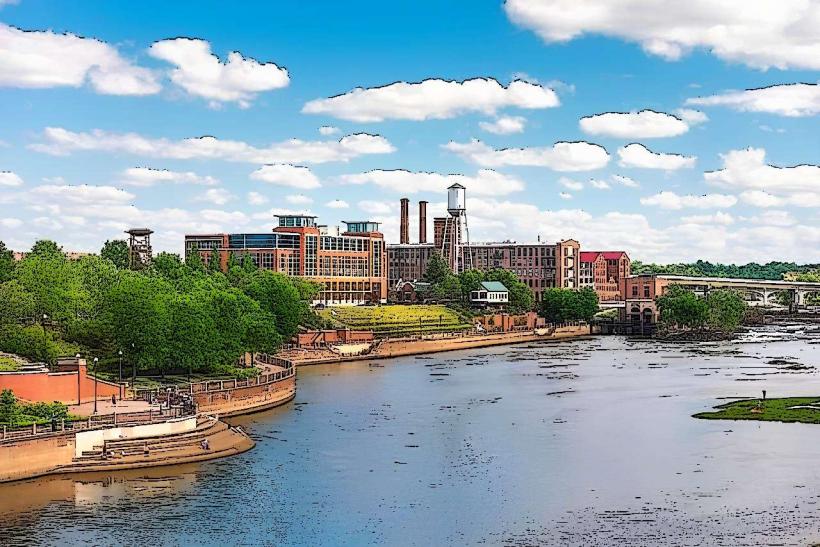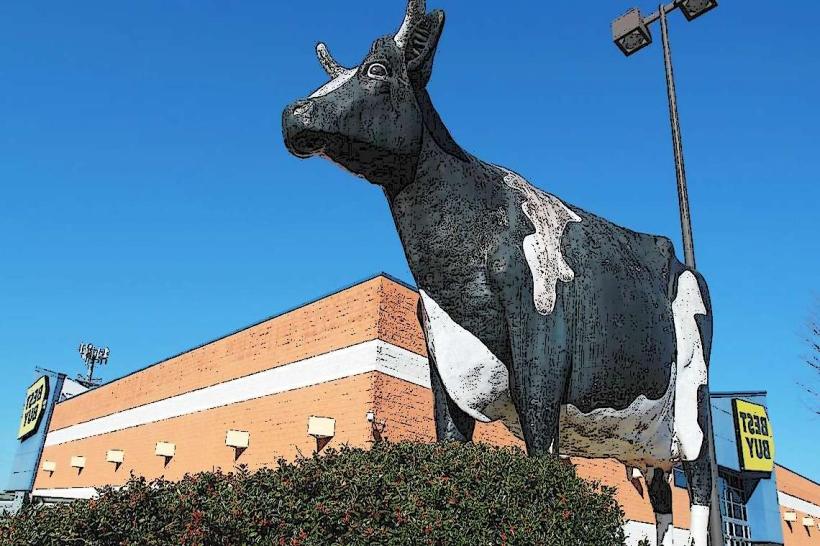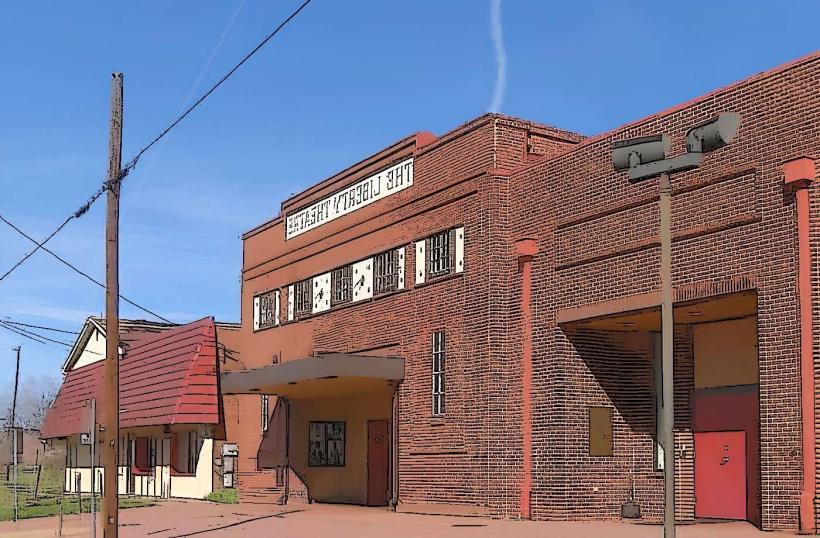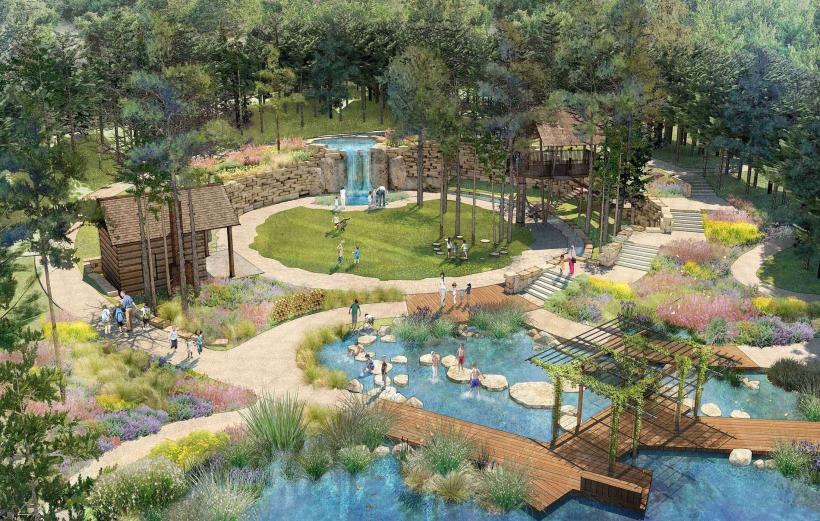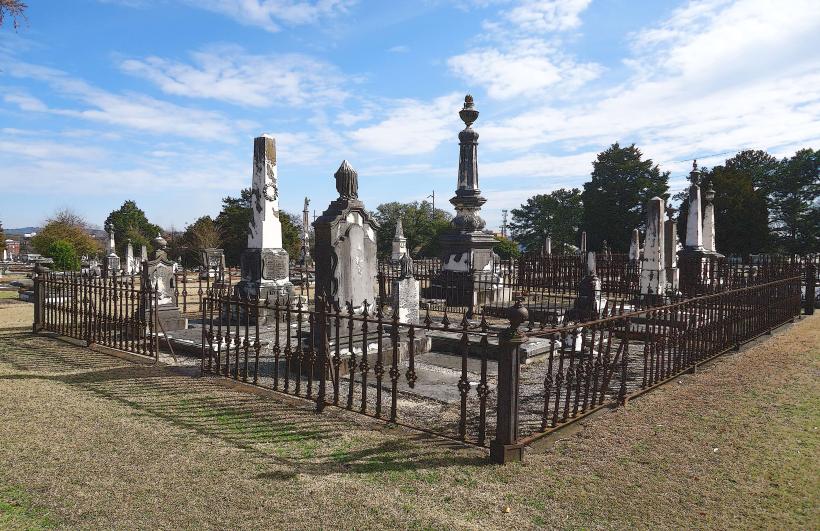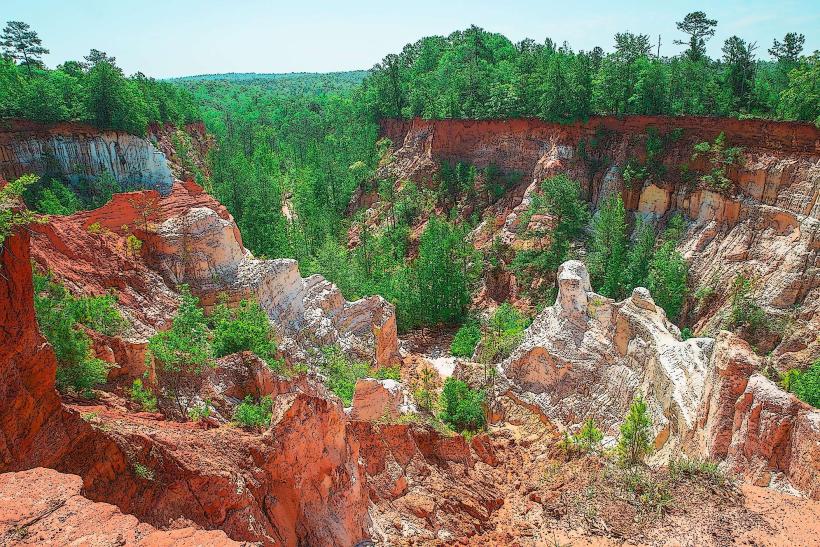Information
Landmark: Fort BenningCity: Columbus City
Country: USA Georgia
Continent: North America
Fort Benning, Columbus City, USA Georgia, North America
Fort Benning is a United States Army installation located in Columbus, Georgia.
It serves as a major training center for infantry soldiers.
Visual Characteristics
The installation comprises a mix of brick and concrete structures, including barracks, administrative buildings, and training facilities. The landscape is characterized by rolling hills, pine forests, and open training fields. The Chattahoochee River forms a western boundary for a portion of the post.
Location & Access Logistics
Fort Benning is situated approximately 10 miles south of downtown Columbus, Georgia. Access is primarily via Interstate 185 South, exiting onto Marne Road or Benning Road. Visitors without military identification may require an escort or pre-arranged access. Limited visitor parking is available at designated points, with primary access controlled by military police at entry gates. Public transportation does not directly serve the installation.
Historical & Ecological Origin
Established in 1918 as Camp Benning, the post was named in honor of Brigadier General Henry L. Benning, a Confederate general. Its original purpose was to train soldiers for World War I. The site is situated within the Piedmont physiographic region, characterized by its red clay soils and deciduous and coniferous forests.
Key Highlights & Activities
The National Infantry Museum at Fort Benning offers exhibits on the history of the U.S. Army Infantry. Visitors can observe training exercises from designated viewing areas. The post also contains several historical markers and monuments related to military history.
Infrastructure & Amenities
Restrooms are available at the National Infantry Museum and designated visitor areas. Shade is provided by trees in some outdoor areas. Cell phone signal (4G/5G) is generally available within the installation. Food vendors are typically located within the National Infantry Museum or at the commissary and PX for authorized personnel.
Best Time to Visit
The best time of day for photography at the National Infantry Museum is during daylight hours. For outdoor observation of training, early morning or late afternoon offers more moderate temperatures, particularly from April to October. Weather is generally mild, with hot, humid summers and cool winters.
Facts & Legends
A notable historical oddity is the presence of the "Maneuver Center of Excellence," signifying its ongoing role as a primary training ground for the U.S. Army. A specific tip for visitors is to check the Fort Benning official website for current access requirements and any scheduled public events before arrival.
Nearby Landmarks
- National Infantry Museum at Fort Benning (0.2km North)
- Columbus Riverwalk (8km Northwest)
- Callaway Gardens (35km Northeast)
- Historic Downtown Columbus (10km Northwest)
- Pasaquan (15km Southwest)



